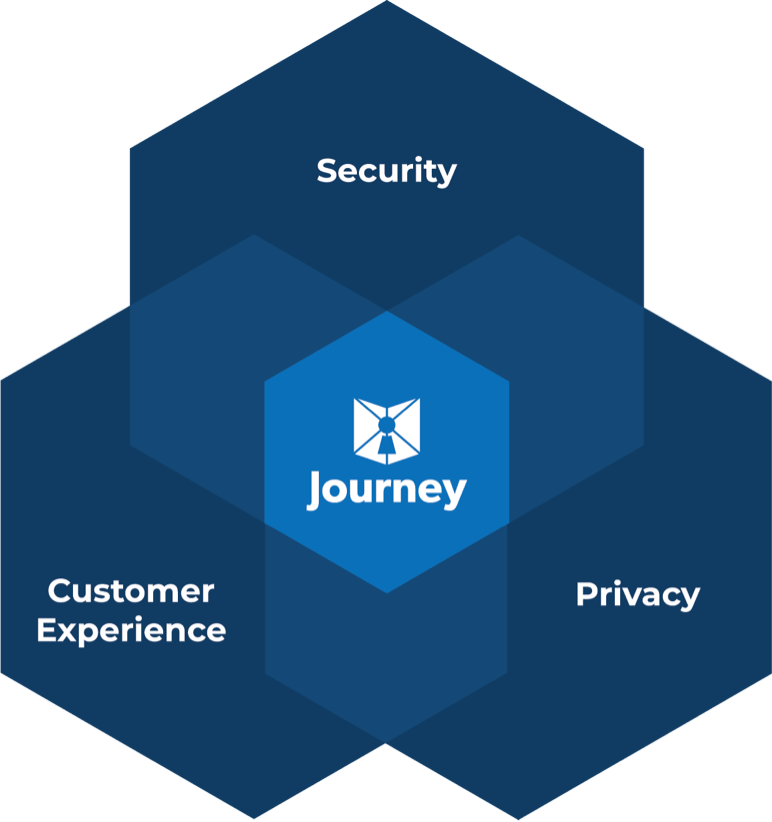Even though you often don’t think about it, a good part of our daily routines revolves around our security. You make sure you leave the apartment locked, your car locked and parked in a safe place, and you might double-check the locks before going to bed.
But are you doing enough to protect yourself online? Identity theft and fraud cost businesses and their customers billions of dollars every year, but the dangers of cyber attacks go well beyond that.
As internet security becomes more sophisticated so do hackers. Keep reading to learn more about the five most common types of cyber attacks today.
Exploring The Wild Web
Imagine you’re Clint Eastwood in the 1992 classic, Unforgiven. If you haven’t seen it, it’s a Western that takes place mostly in a small town called Big Whiskey, Wyoming that kind of resembles the modern internet.
We won’t spoil it but there is some debauchery and plenty of evil deeds. The “authorities” aren’t able/willing to control it so sometimes you need to learn to take matters into your own hands.
Five Common Types of Cyber Attacks to Watch For
Crooks in those days had 100 tricks up their sleeves and the hackers of today’s internet are no different. You have to adapt to the times.
Here are five ways cyber attacks today are happening.
1. “Social Engineering”
Many of us older folk can remember the Nigerian Prince scheme. Thousands of people received emails supposedly from a Nigerian Prince who needed a couple thousand dollars in order to unfreeze the billions he had in his banking accounts.
He promised to handsomely reward those who helped him by paying them much more than they invested.
It won’t surprise you that these types of scams are still being run today and are much less obvious than before. Sophisticated phishing schemes can look shockingly legitimate, and it takes a keen eye to spot a shady email address or to verify an 800 number is real. Always be wary of any company that reaches out to you, and then asks you personal information to supposedly “verify” you.
2. Malware
The word, malware, is derived from ‘malicious software’. This refers to any bug, virus, trojans, or any other harmful program.
Antivirus software and firewalls are the best way to combat these.
3. Password Cracking
We get a lot of emails from people wondering about password security. Many of us have had to change a password after they’ve been compromised, and the dark web is teeming with personal information about almost all of us.
How does one prevent this? Since most companies still use usernames and passwords, it’s not a simple answer. However, there are some very innovative companies out there using advanced biometrics and cryptographic techniques called the “zero knowledge proof” that enables an individual to prove their identity without actually divulging any information to the agent on the line.
This technique is still new and only a few companies are making solutions for the mass market. Keep your eye on Journey (www.journeyidstage.wpengine.com) in this space.
4. Eavesdropping
We are talking about your nosy neighbors.
Eavesdropping in the hacking world refers to ‘listening in’ on data that flows through a network. They can capture personal details, including credit card info.
This can also be difficult to avoid, but always be aware of your surroundings when you’re on the phone or logging into a website and be sure that you do business with reputable companies, who do their best to avoid fraud (but as we see in the media every day, are not always successful).
5. Denial-of-Service
Denial-of-service attacks are different in that they, by definition, directly target businesses and their websites instead of the users per se.
This happens when hackers manage to crash a website generally through overwhelming the servers with nonsensical data and/or traffic. This can be financially devastating for the company since they will not be able to do business for as long as they are crashed.
Although major corporations are sometimes affected, hackers tend to target smaller businesses with less sophisticated security. If you manage a website that generates revenue somehow, you need to ward off these kinds of threats.
Building Up Your Cyber Defense
To a certain degree, consumers are at the mercy of the companies they do business with. However, businesses often have as much, if not more, to lose by having security vulnerabilities, so they invest significantly in protecting themselves.
Watch this space carefully, because there is major innovation happening in it. As fraudsters become more sophisticated, so do the good guys. Keep your eye on companies like Journey and innovative security methodologies like the Zero Knowledge Proof.



